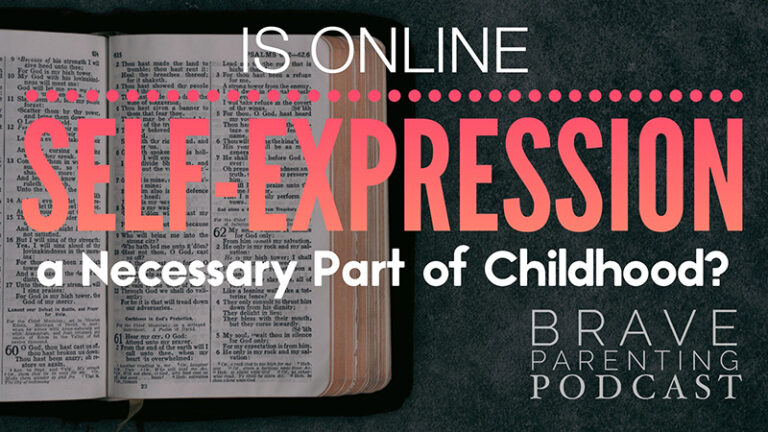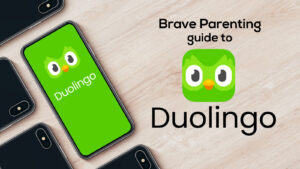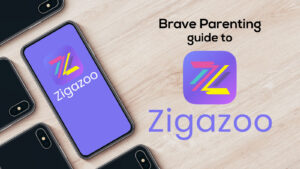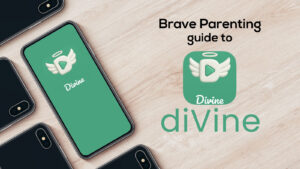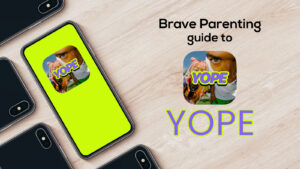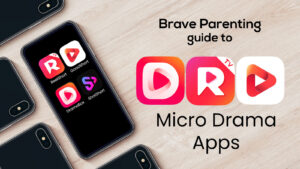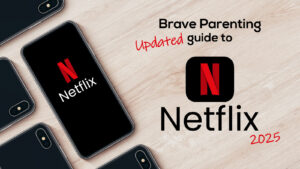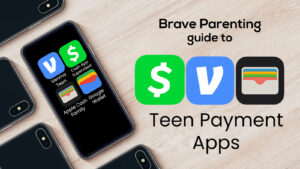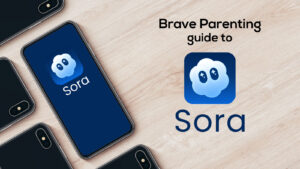As school goes back across the country, the Remind app (formerly Remind 101) claimed a temporary position as the #1 Free App in the iTunes app store. It’s easy to assume apps and services like Remind are required for students and parents, as so many teachers are integrating smart technology and conveniences into their classrooms.
While these apps/services have the potential to enhance the teacher-student-parent dynamic, it’s important for parents to consider the pros and cons of any app, website, or service involved with their child’s education and intellectual development. We must ask: is it more than just convenience?
The Basics of Remind:
According to their website, Remind reaches students and parents “where they are”. Remind is a communication app for the school, home, and everywhere in between.
For teachers: Send messages that students and parents can’t miss
“Teaching is about your students, not tracking down handouts or playing phone tag. Remind makes it easy to reach the people you need to reach.”
For families: Stay on top of what’s going on at school.
“From assignments to activities to closures, Remind makes sure you get the information you need, when you need it, right on your phone.”
Recognizing that not every household has access to smart technology, Remind app allows for reminders to be received by SMS, email, or app notifications. Essentially, anyone who texts (which is almost everyone) can use Remind.
In the past, Remind solely allowed one way communication: teachers to students/parents. Now, there is the “Chat” feature allowing teachers to initiate two-way communication between parents and students. Teachers can easily flip a conversation back to its one-way functionality or pause and resume chats as they may need.
Caution of Convenience:
Remind seeks to be an adjunct to the already established relationship between teacher and student. To a generation raised to believe everyone is available all of the time, this app can serve as an unbreakable tether between the student and teacher. And to the generation of parents, many of whom have become hyper-focused on academic success, this app can serve as the helicopter in which they hover over a child’s schoolwork and responsibilities.
Therefore, a few cautions to consider before you or your child join a Remind group for every class:
-
Always on
This convenient service is just one more notification, one more distraction, and one more reason to pick up the phone. Most every student, whether consciously or not, struggles with balancing life on-screen and off-screen. It feels good to be “offline” but with so many temptations and requirements constantly drawing them back into the screen, downtime becomes an impossibility.
-
Always enabled
What happens when a child knows an assignment is due and then fails to do it? Natural consequences: they fail or have points taken off when it is turned in late. These natural consequences are what teaches and trains a child to act more responsibly. When Remind text messages go out daily, it’s very possible the service becomes more of an enabler than a reminder as the responsibility for remembering and tracking assignments shifts from the student to the teacher through the app.
-
Always hovering
A risk we take as parents is knowing too much and then hovering too much with all that we know. This can cripple the child’s growth in personal responsibility. It feels like we are helping our child succeed when we micro-manage their lives but if they aren’t learning the core virtues of organized thought, hard work, responsibility, and accountability, their good grades and achievements mean little towards their future.
Bottom line for parents:
The Remind app isn’t inherently bad. While the chat feature could potentially get out of hand, the teacher acts as a moderator. However, it is possible the app could become the tool that students come to rely on to communicate with teachers eliminating another opportunity for face-to-face communication and relationship building.
Therefore, ensure this app is a tool and not a crutch. Encourage traditional methods for remembering due dates such as a planner or calendar. Allow for natural consequences if assignments are not turned in on time. Also, if your child already receives hundreds of notifications per day, go through each app and turn off unnecessary notifications in order to make room for Remind.




